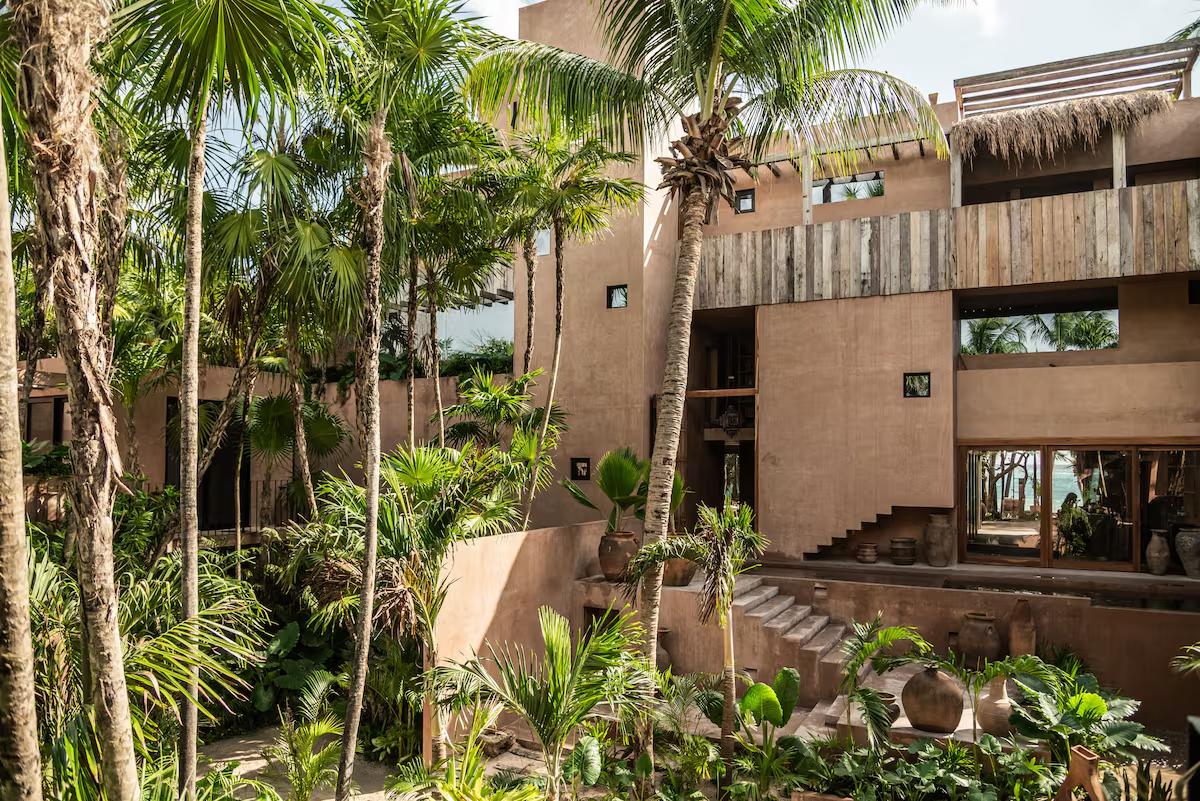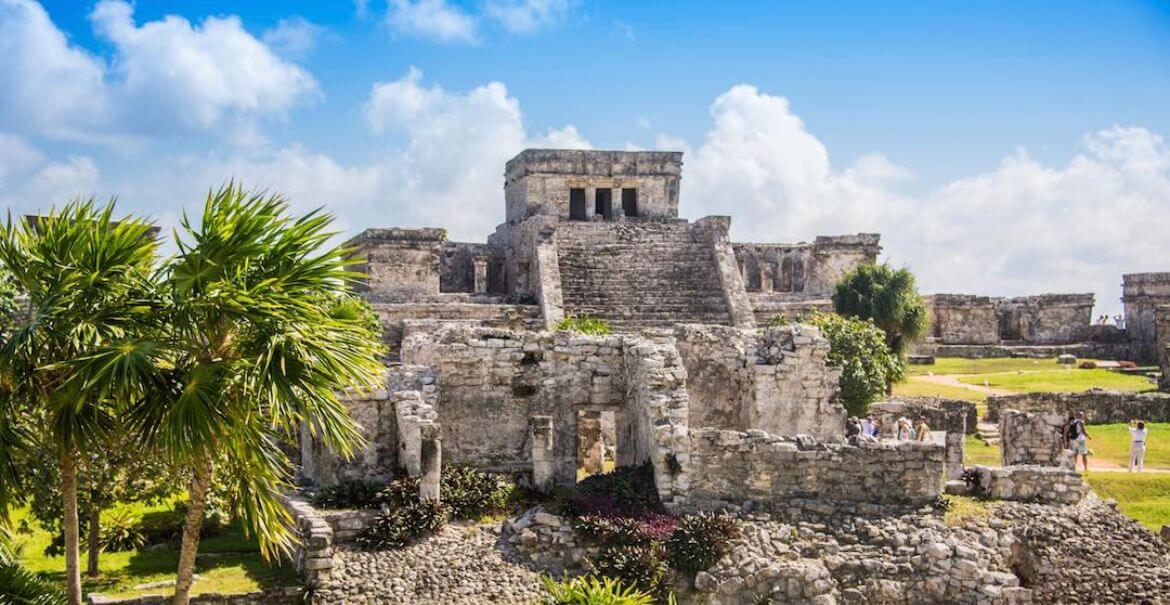Tulum, once a secluded haven for backpackers and eco-conscious travelers, has transformed into a premier destination renowned for its boutique hotels. These establishments, characterized by personalized service, unique design, and a deep connection to local culture, have significantly influenced Tulum’s tourism landscape. The rise of boutique hotels in Tulum can be traced back to the early 2000s. Unlike the towering resorts of nearby Cancún, Tulum’s accommodations have traditionally focused on sustainability and harmony with nature. This approach led to the development of beachfront cabanas, jungle lodges, and eco-conscious resorts that blend seamlessly with their surroundings. caleatulum.com
One of the pioneering establishments, Ana y Jose Hotel & Spa, opened its doors in 1984. Over the years, it has evolved to meet modern standards while maintaining its original charm. The hotel offers a variety of rooms, including a three-bedroom villa, catering to families and travelers seeking an authentic Tulum experience. Michelin Guide Another notable addition is the Lula Seaside Boutique Hotel, part of the Colibri Boutique Hotels portfolio. This 19-room property offers both seaside and jungle accommodations, an open-all-day Mediterranean al-fresco restaurant, a day spa, and a seafront wellness center. globaltravelerusa.com
Market Share and Economic Impact
The boutique hotel sector plays a pivotal role in Tulum’s tourism industry. In Latin America, the boutique hotel market generated approximately USD 2.28 billion in 2024, with projections indicating a compound annual growth rate (CAGR) of 7.9% from 2025 to 2030. grandviewresearch.com While specific figures for Tulum are limited, the town’s reputation as a boutique hotel paradise suggests a significant contribution to this market.
Investments in Mexico’s luxury hotel sector, which includes boutique establishments, grew by 50% in 2024. This surge underscores the country’s appeal as a top-tier tourist destination and reflects a broader trend toward luxury and personalized travel experiences. Mexico Business News The emphasis on sustainability and eco-friendliness has also attracted a specific segment of tourists. Travelers seeking unique, environmentally conscious accommodations are drawn to Tulum’s boutique hotels, which often incorporate local materials and traditional designs. This alignment with global trends toward responsible tourism has further solidified Tulum’s position in the market.
Challenges and Future Outlook
Despite their success, boutique hotels in Tulum face several challenges. The rapid growth of tourism has led to environmental concerns, including strain on local resources and ecosystems. Balancing development with sustainability remains a critical issue for hotel owners and policymakers. Additionally, the rise in property values and the cost of living has made Tulum one of the more expensive destinations in Mexico. This economic shift poses challenges for maintaining the town’s original bohemian appeal. tulumtimes.com
Looking ahead, the boutique hotel sector in Tulum is poised for continued growth. The global shift toward personalized and sustainable travel experiences aligns with the core offerings of these establishments. However, addressing environmental and economic challenges will be crucial to ensure that Tulum retains its unique charm and continues to thrive as a boutique hotel haven.
Conclusion
Boutique hotels in Tulum have played a transformative role in shaping the town’s tourism industry. These establishments offer a distinct alternative to large-scale resorts by focusing on sustainability, exclusivity, and a deep connection to the local culture. Their success has helped define Tulum as a top-tier destination for travelers seeking a unique and personalized experience, contributing significantly to the region’s economic growth and tourism market share. By prioritizing responsible tourism practices and ensuring a high level of service, Tulum’s boutique hotels can continue to thrive and set a standard for luxury, sustainability, and cultural authenticity in the hospitality industry.



